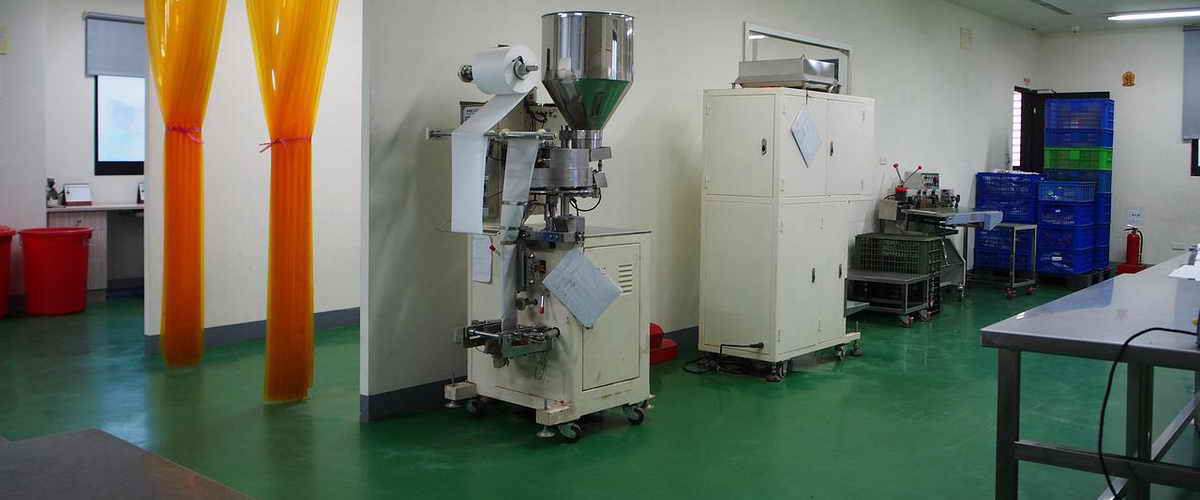
There are very few jobs that are as sensitive as processing food products. One reason is that food products are usually more prone to infection than other products, and each infection can lead to catastrophic consequences. Illness, discomfort, loss of revenue, and even death are just a few that come to mind. This article will show you the best flooring system for your food processing facility, how you can afford them if your food processing plant is in California, and some commonly asked questions about flooring for food and beverage processing plants.
Various research has established that microbes and other infectious components are more likely to be found on flat surfaces and floors. Still, a good floor coating in your food processing plant is crucial for the sanitation and protection of food products.
Why Do You Need Strong Floor Coatings for Food Processing Plants?
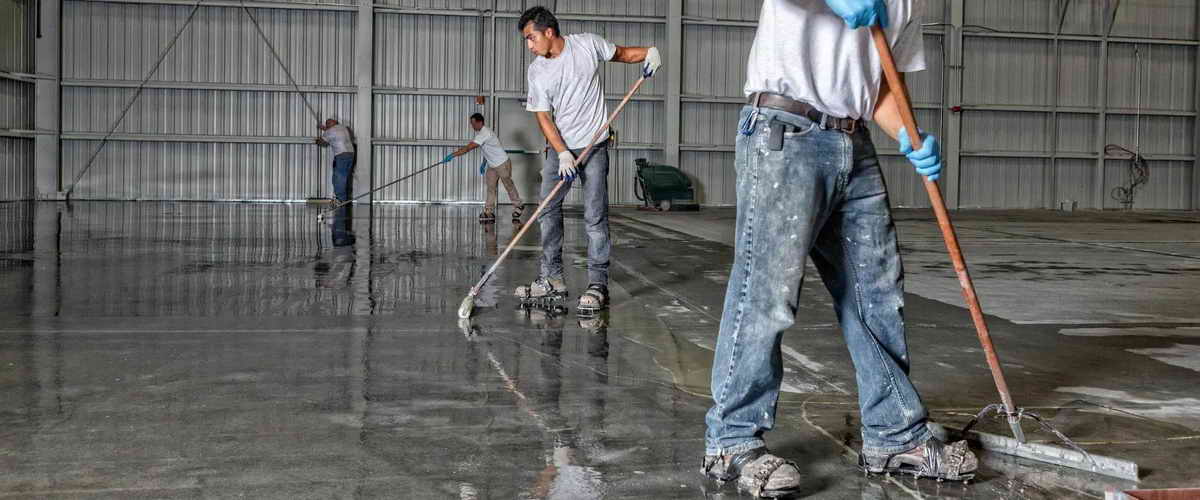
One of the places that are prone to contamination in food processing plants is the floors. Food substances are attractive to microorganisms and can fuel microbial growth and spread. Food byproducts such as oils, blood, natural food acids, and sugar solutions also contribute to this problem.
Many food processing plants combat these infections by vigorously cleaning and sanitary processes. But without proper flooring, this method tends to backfire. Bad flooring (like those with concrete slabs) gets corroded when constantly subjected to harsh cleaning chemicals and hot water washdowns. In time, the porous flooring makes them more prone to bacterial infection than their unclean counterparts.
A proper flooring cover solves many of these issues. These floor covers often cover the concrete slab floor and are highly resistant to aggressive cleaning chemicals and thermal treatment of most sanitary processes. Resin floor coverings are one of the best floor coverings.
What is The Price of Food Processing Plant Flooring in California?
The price of a suitable resin floor covering varies across different states but will ultimately depend on the size of your food processing plants. Most plants are massive, so you might need to invest considerably.
Floor covering charges will also depend on the type of floor cover you want for your plant, as all materials are different and do not cost the same. For example, the Epoxy floor covering costs between $3500- $ 18000.
Many firms charge clients between 10 USD to 12 USD per square inch. They might charge a more considerable upfront cost if they are involved in preparing the floor and applying the coating. Other factors that could impact the price include:
- If your facility has an uneven floor, and the workers need to fix it.
- Your concrete floor is in poor condition; that is, it is cracked or broken.
- Your floor surface requires power washing or pressure cleaning.
- You request a topcoat for extra protection.
- You have items that need to be moved before the workers can complete the project.
- You request a unique floor covering such as solid or solvent epoxy.
- You have a large food processing plant.
If none of the services above are unnecessary, the project’s pricing might be considerably lower. Fortunately, Extreme Industrial Coatings provide wonderful flooring solutions for a considerate price.
How to Choose Flooring Material for Food Processing Facilities
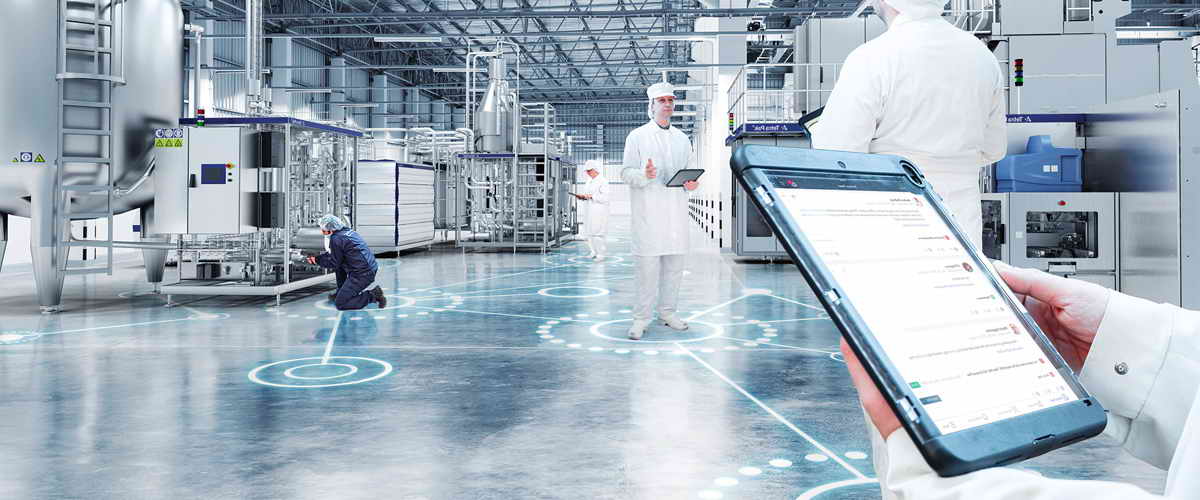
Many generally accept that resin floors are the gold standard, but there are various types of these floors. To make the best decision, you need to consider the following factors:
Floor Hygiene
As mentioned, floors are crucial to your plant’s sanitation because they are more susceptible to microbial infection. Some floor coverings come with antimicrobial agents evenly distributed throughout the resin to fight microbial growth.
Many anti-microbes can last long, even when the floor has been damaged or worn out, and they contribute in no small way to hygiene. Several International studies show a 99.9% reduction of bacterial growth in some resin floors; this is essential for the food industry as it aids food safety.
Slip Resistance
Workplace injuries cost the United States billions annually, and you probably want to keep work injuries as low as possible. Hence, the floor coating you choose should be as slip resistant as possible.
When deciding on a floor covering, ensure that you test them under wet conditions to check how slippery it is. They should also have an effective drainage system to reduce water pools and slipping risks.
Nature of Chemical Contact
Food contains many organic and inorganic chemicals such as acids, alkalis, and oils, and these food components make the floor of food processing plants susceptible to chemical attacks. Although it isn’t immediately apparent, prolonged exposure to these chemicals can result in the floor’s erosion, softening, or bristling.
Thermal Shock and Cycling
Flooding food processing plants with hot water or steam is often necessary to remove stubborn stains such as blood and grease. Such temperature changes can cause the floor to expand and contract at various rates. If the flooring is not poor, it could quickly begin to crack, peel, or delaminate.
Some floors are more equipped to deal with thermal shock than others. That is why you need the right professional advice when choosing floor coverings. Extreme Industrial coatings will help you make the right decisions. With our help, you will come away with a floor that will last a long time.
Cleaning and Maintenance
Food processing floors are one of the most vigorously cleaned places in the workforce, and for good reasons. But many cleaning chemicals take a massive toll on the floor covers. The right floor cover will resist the harsh chemicals used in treating floor covers and prevent damage.
Best Floor Coatings for Food and Beverage Facilities
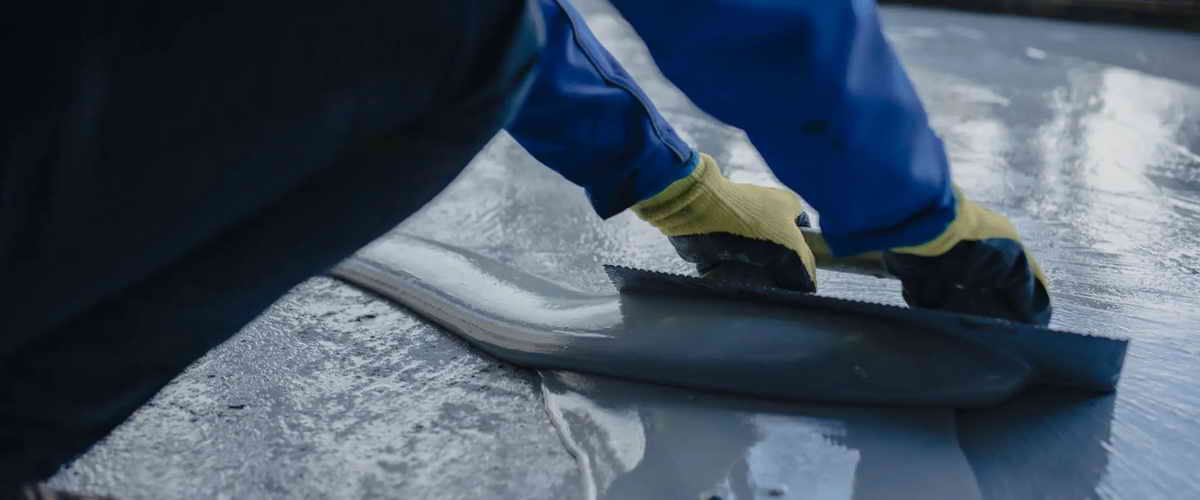
There are various floor coatings, each of which has unique properties. Here are the four best floor coverings commonly used in the food and beverage industry:
Epoxy Coatings
These are one of the most recommended floor coatings for food processing plants. The FDA and USDA approve them, and they can withstand chemical attacks and heat. Some epoxy coatings come with anti-skid additives and visual appeal; epoxy coatings cure quickly.
Urethane Coatings
Urethane coatings are more expensive than epoxy coatings but tend to last longer. Urethane has more resistant to thermal cycling and is incredibly tolerant to the chemicals in beef and poultry products; this ability makes them more preferred to those in the food processing industry. Like their epoxy counterparts, urethane flooring has decorative touches and a visually appealing look.
Methyl Methacrylate (MMA) Coatings
MMA doesn’t seem the most popular choice, but it has some advantages over other resin floorings. They cure exceptionally quickly, and workers can quickly install them at low temperatures; these properties reduce the disruption your facility will experience from installation. Methyl Methacrylate (MMA) Coatings is also resistant to UV light and a range of acids and alkaline.
Polyurea Coatings
Polyurea Coatings are another favorite of the USDA; they also meet the UL ANSI-NSF 61 standard. Though not as visually appealing as epoxy and urethane coatings, they are significantly thermal and impact resistant. They are also the quickest floor coating to cure; they give off no odor after installation.
Food Processing Plants Flooring-FAQS
The thought of food processing floors raises many questions. Here are some frequently asked questions:
Conclusion
The flooring of your food processing plant is essential for the hygiene of the plant, and this is because they are mostly exposed to chemicals, thermal variation, and microbial growth. A sound floor system will contain antimicrobial agents and is also easy to maintain; It should also be thermal and chemical resistant.
Resin floors are the new standard in food processing plant flooring. Some great examples include epoxy, polyurethane, MMA Coatings, and polyureas coating. Each of these coatings has different benefits and is used in different ways.
Extreme Industrial Coatings will help you with the right advice on the best flooring type for your processing plant. They will also provide good floor installation service for the right price.


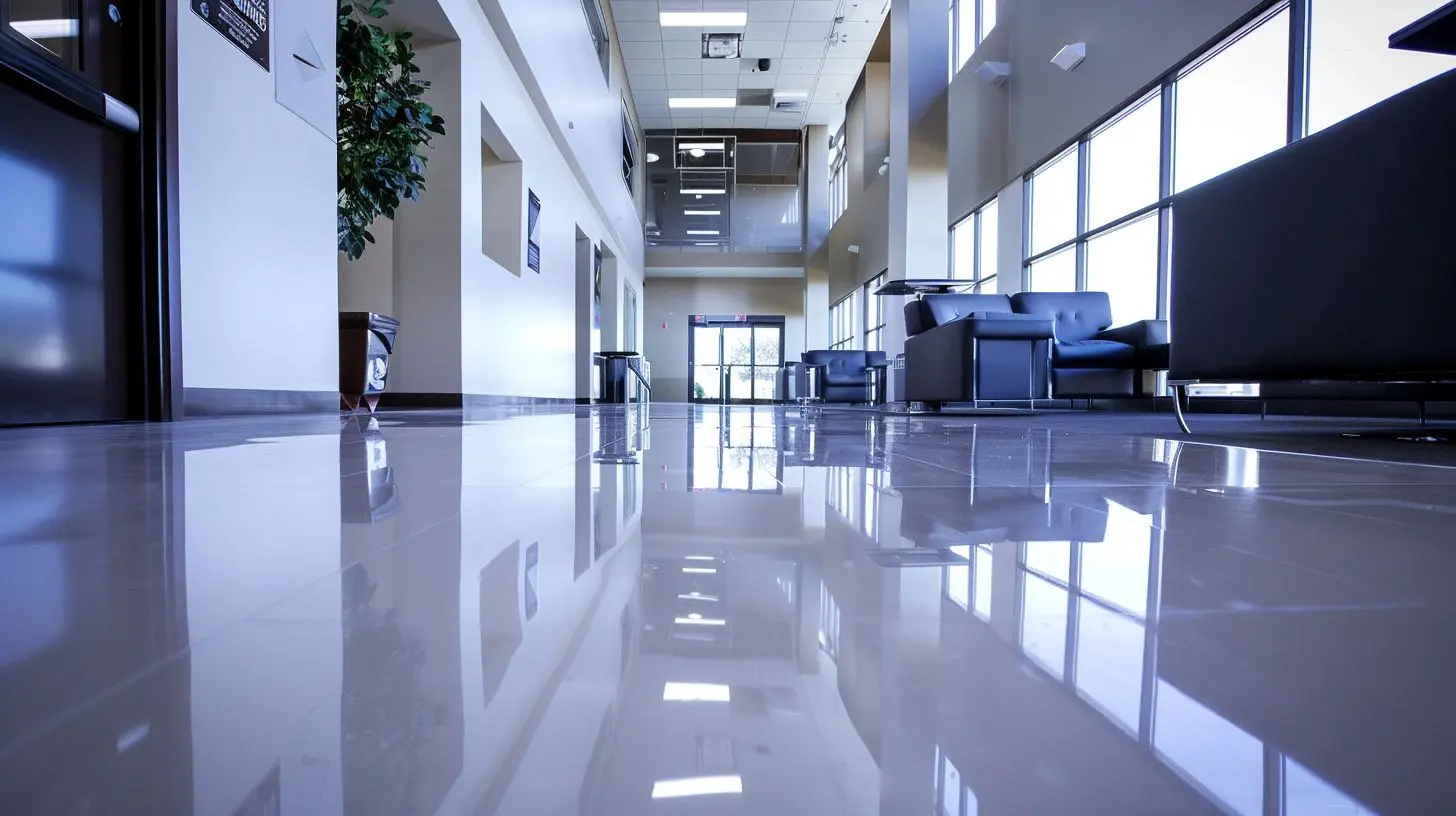
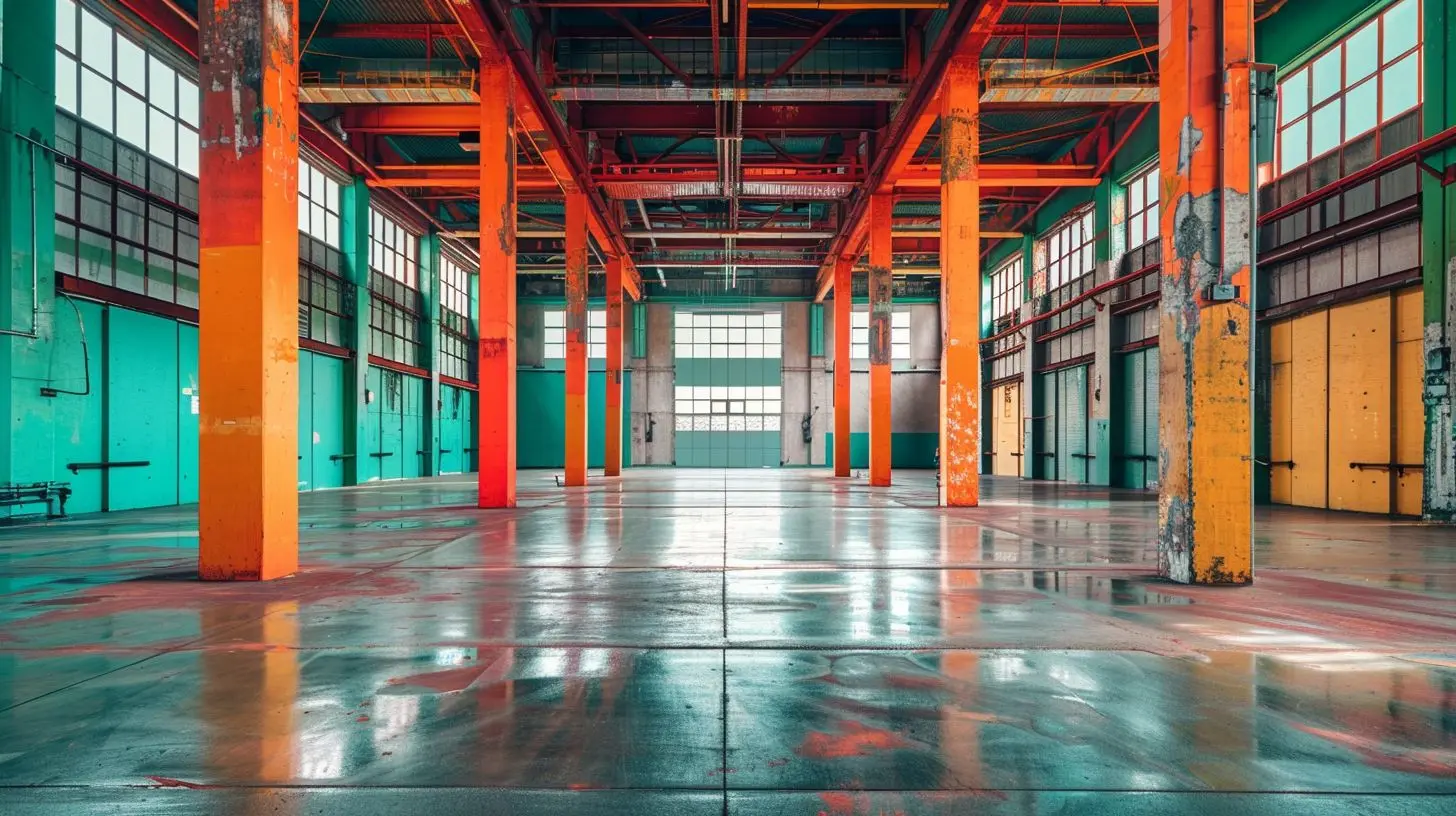
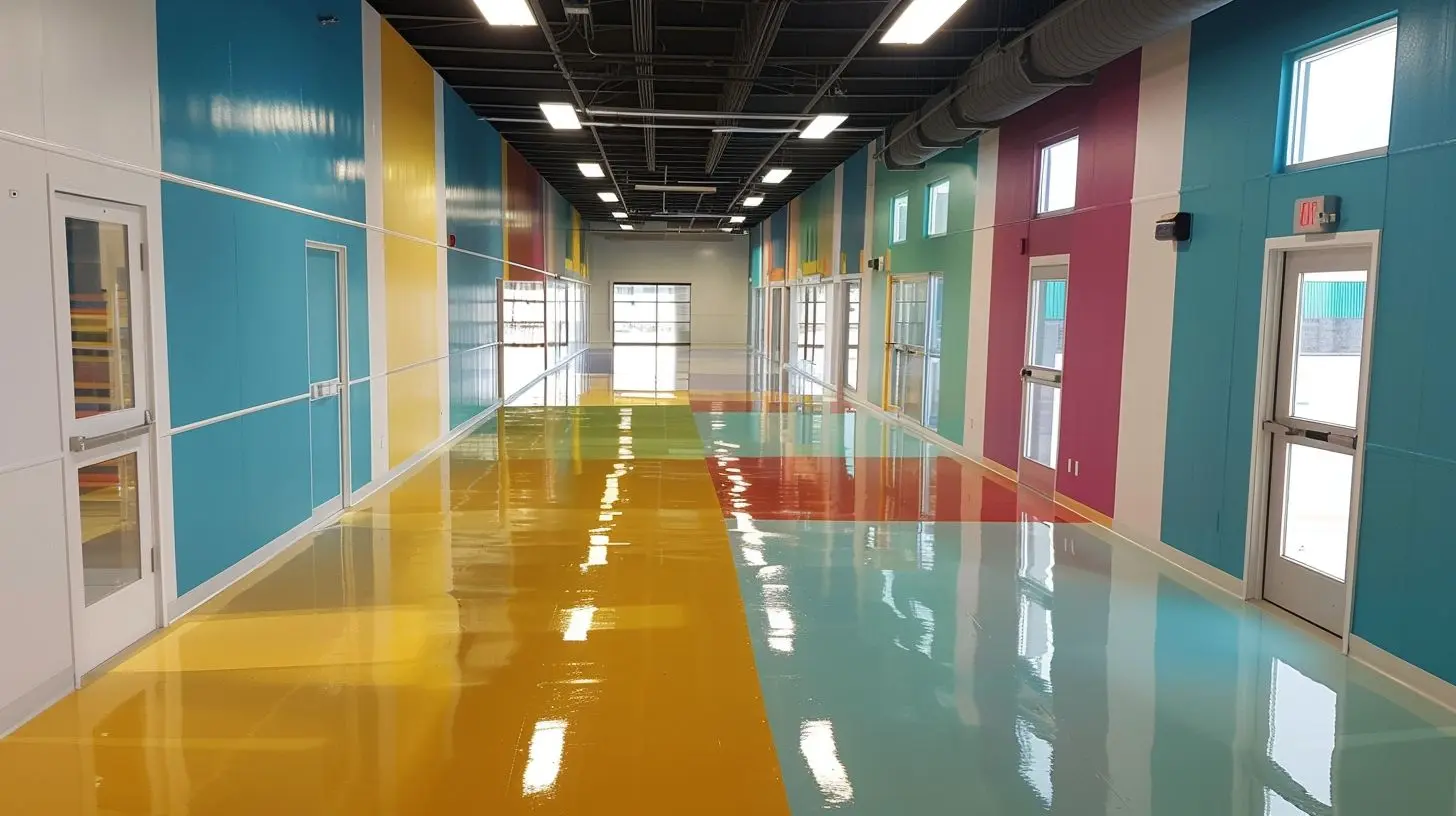
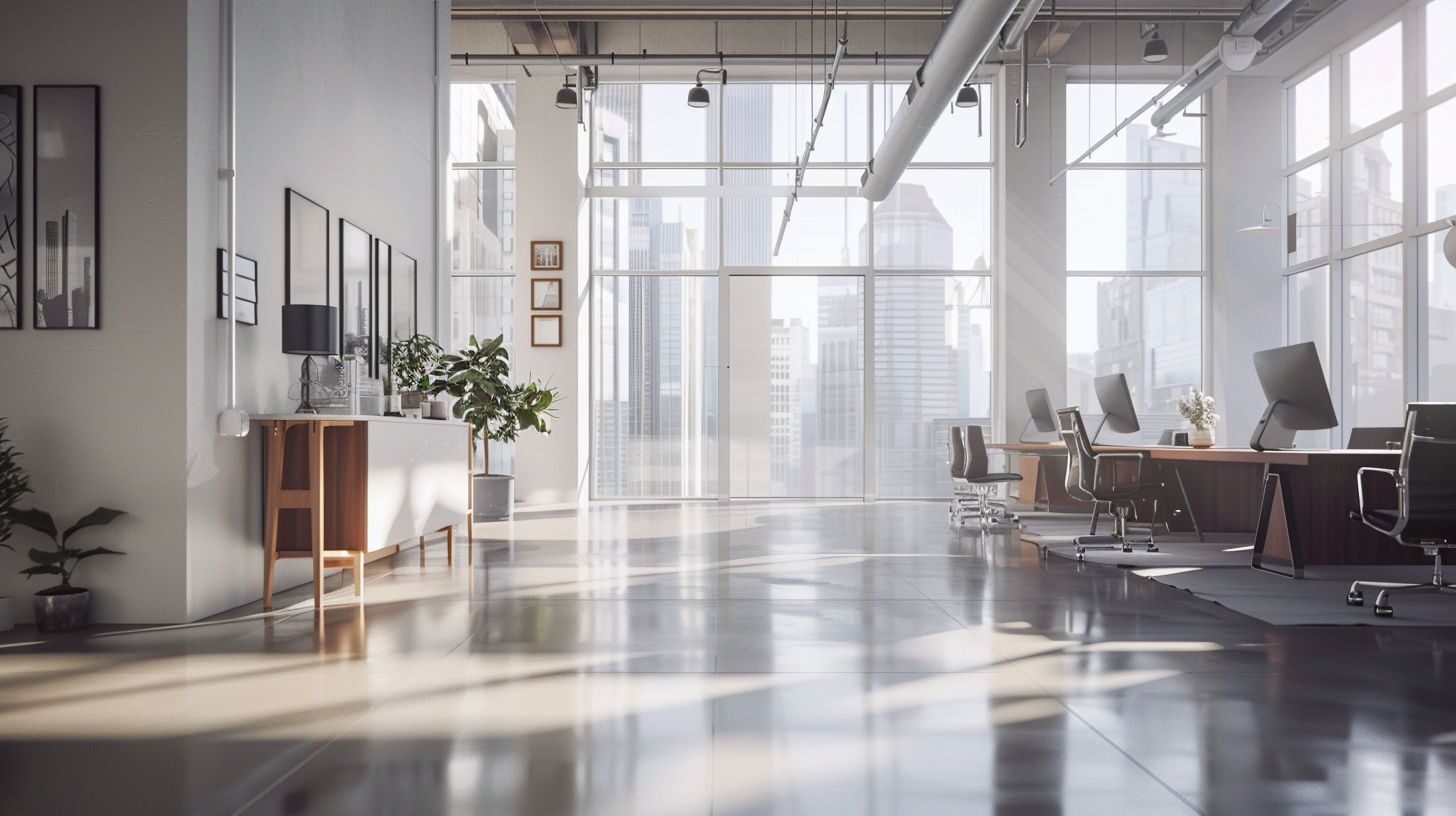
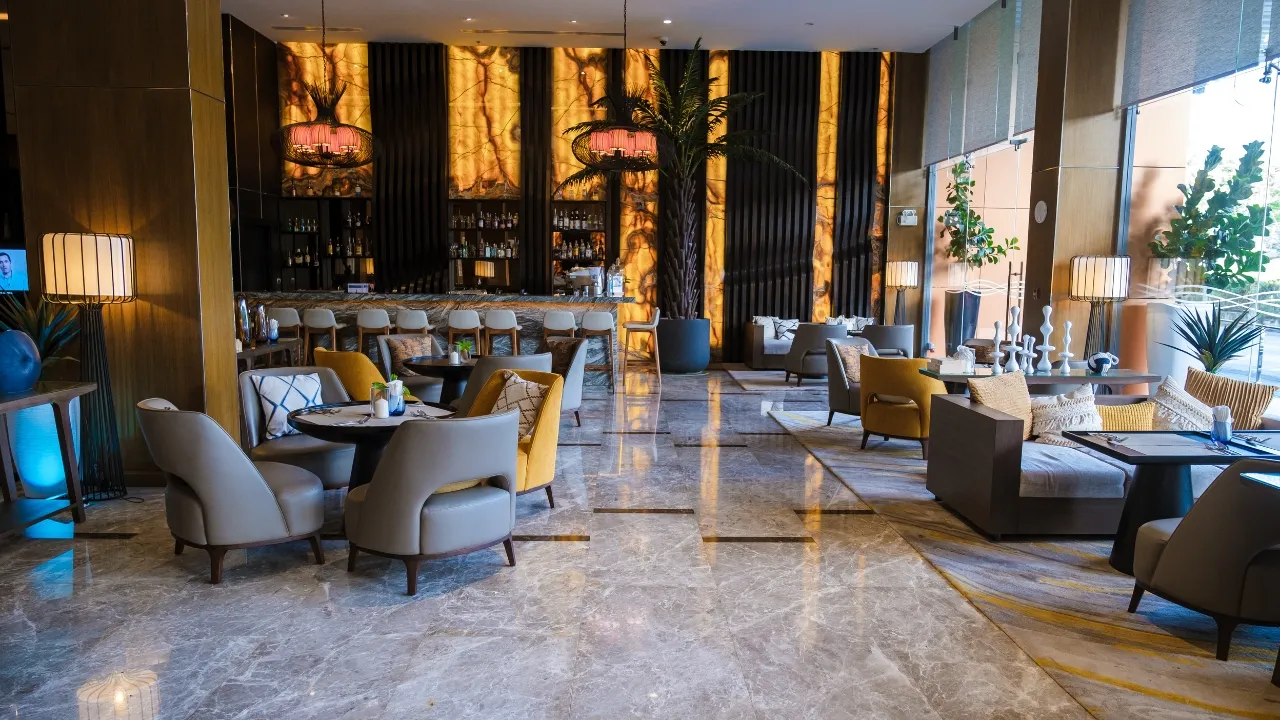
Leave A Comment